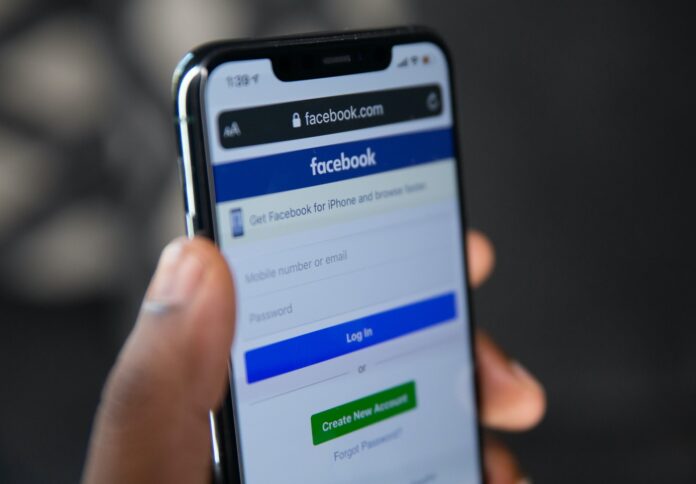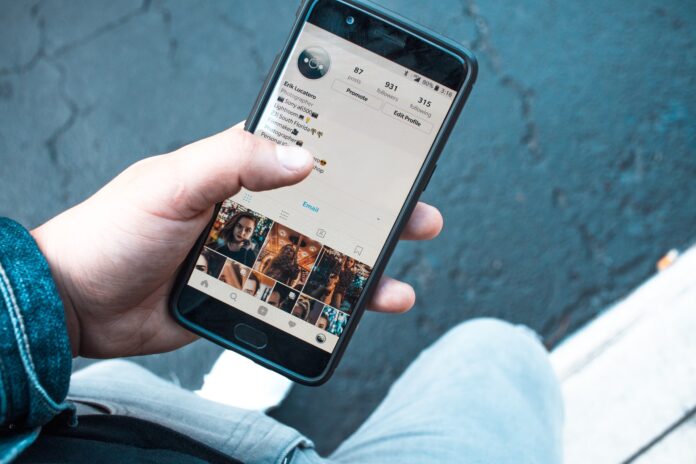
Table of Contents
It’s no question that social media has changed what we know about our “friends” within our networks. At the click of a mouse, Facebook users can check in on someone they may not have seen or spoken to in 10 years and see where they are living, working, and quite possibly what they had for lunch. Although this isn’t always the case with privacy settings, generally, users on social media can know a lot about a person simply by following their posts online. As an investigator, this can be a very useful tool.
Social media is “an amazing investigative tool,” where you can discover a lot of valuable information by searching a subject’s online profile. “It opens a window into a person’s life that you wouldn’t necessarily see,” “what they do daily, where they go, who they’re friends with.” Social Media certainly isn’t an investigative tool to ignore.
Here are a few different brands of social media and what information they normally hold.

Being the most common, Facebook has the most diverse amount of content. The investigator can scroll back through years of posts and photos to see:
- Photos the user posted
- What cities the person has traveled to
- What cities the person has lived in
- What events they have attended
- What content do they post on their page
- Who the person interacts with on their profile most frequently
- Who they are friends with
Along with Facebook content, people also connect their other social media outlets (such as Instagram, Foursquare, and Twitter) to post onto their Facebook pages – making it one of the most comprehensive sites. If a user is active on Facebook, the investigator will be able to see into their daily life and if they are active on other social media sites.

Twitter allows users to post short (120 characters) messages where they can:
- Link to content that is interesting to them
- Tell a joke
- Re-post information and content from their friends
- Post where they are
It’s a very public and usually impersonal social media. Users tend to follow celebrities and big names they don’t know personally and their friends. With an informal platform, users are more likely to post an unflattering message or link to something they wouldn’t want their Facebook friends (more likely to include family members and professional connections) to know. Investigators will be able to see the user’s interests, hobbies, and connections.
Google+

Google+ is a social network organized by “circles.” The user groups their friends into circles for work, family, etc. A Google+ profile allows users to post:
- All of the cities where they have lived
- All of their emails where they can be reached
- Links to all other social media sites they are active on
An investigator can use a subject’s profile as a quick way to see their residential history, see what other social media platforms they use, and through circle groups, the specific relationship with their friends.

Instagram is a photo hub where users take and edit photos and post them to their follower’s feeds. The appeal is the program’s editing capabilities that allow users to give the pictures filters for a vintage effect, black and white, etc. To an investigator, this is a photo library of where the subject has been (geographical tagging is available), what they are interested in, who the person hangs out with, and more.
Social Media Analysis Tools And Their Applications
Social media analysis tools can provide information that can lead investigators to identify suspects or threats to public safety. Tweets, Facebook posts or Instagram shares can help law enforcement discover criminal activity.
When law enforcement is investigating a suspect, social media is often a helpful tool in figuring out more information about an individual. For example, while individuals might say one thing in person, their speech or actions on social media may be contradictory and worth examining.
Users also tend to post what they witness online. In these instances, a witness may notice a crime occurring and Tweet or post a video about it. Sometimes, the suspect may post something on their social media that attracts the attention of law enforcement. Click on truepeoplecheck.com and know-how investigation helps.
Location-Based Social Media Monitoring
On that note, you can also complete social media monitoring via location-based tags. Users often share their location through geotags on major networks like Instagram and Facebook.
If an emergency occurs, social media users may post online about the event they are witnessing. These posts can be scanned for relevant information, such as location and time.
The geotags help law enforcement pinpoint the event’s location and arrive at the scene quickly. Countless events are recorded and posted to social media. Law enforcement can identify the event’s location thanks to geotagging, which enables quicker response times.

More Honest?
People may actually use social media platforms as a way to vent and speak out their truth. In the heat of the moment, they may reveal their true colors and intentions. For example, if an employee unthinkingly posts that they have committed insurance fraud online, then the PI can forward that information to their employers.
Bottom Line
It’s important to note that with the popularity of social media comes more advanced privacy settings. Users can be completely private, even unsearchable, within the site. Users also tend to be more careful with what they post nowadays.
On the other side of the spectrum, some social media profiles can be too saturated to validate the time and effort it would take to review them. “While it’s interesting in many cases, in some cases, it’s a complete waste of time.”
Overall, social media is certainly something to keep updated on and review. It could be as simple as confirming a person’s travel history on Facebook that it was, in fact, their arrest in Vegas. Monitoring social media and online capabilities keeps investigators up to date on surveillance and investigation techniques and how to further their practice.
















